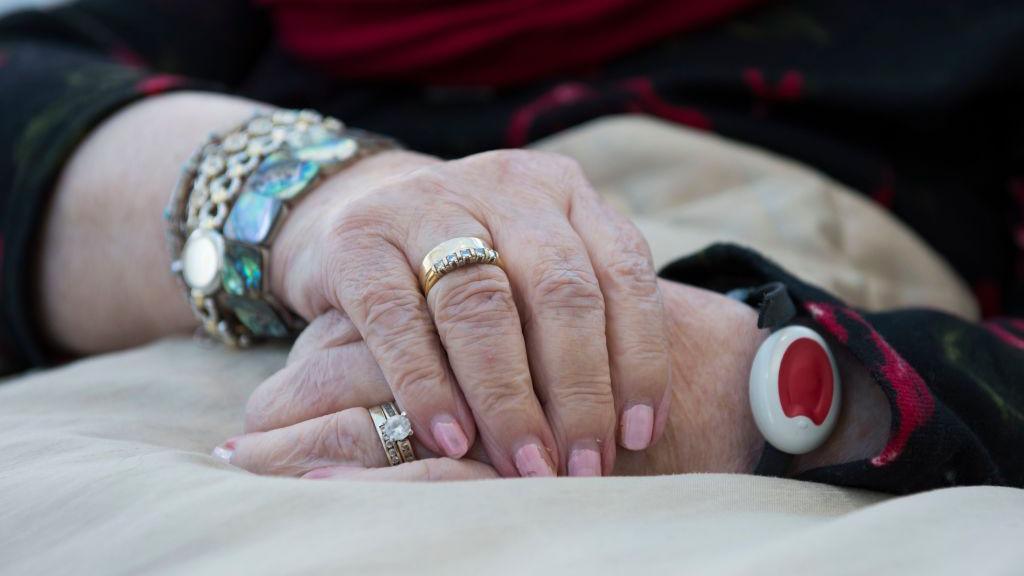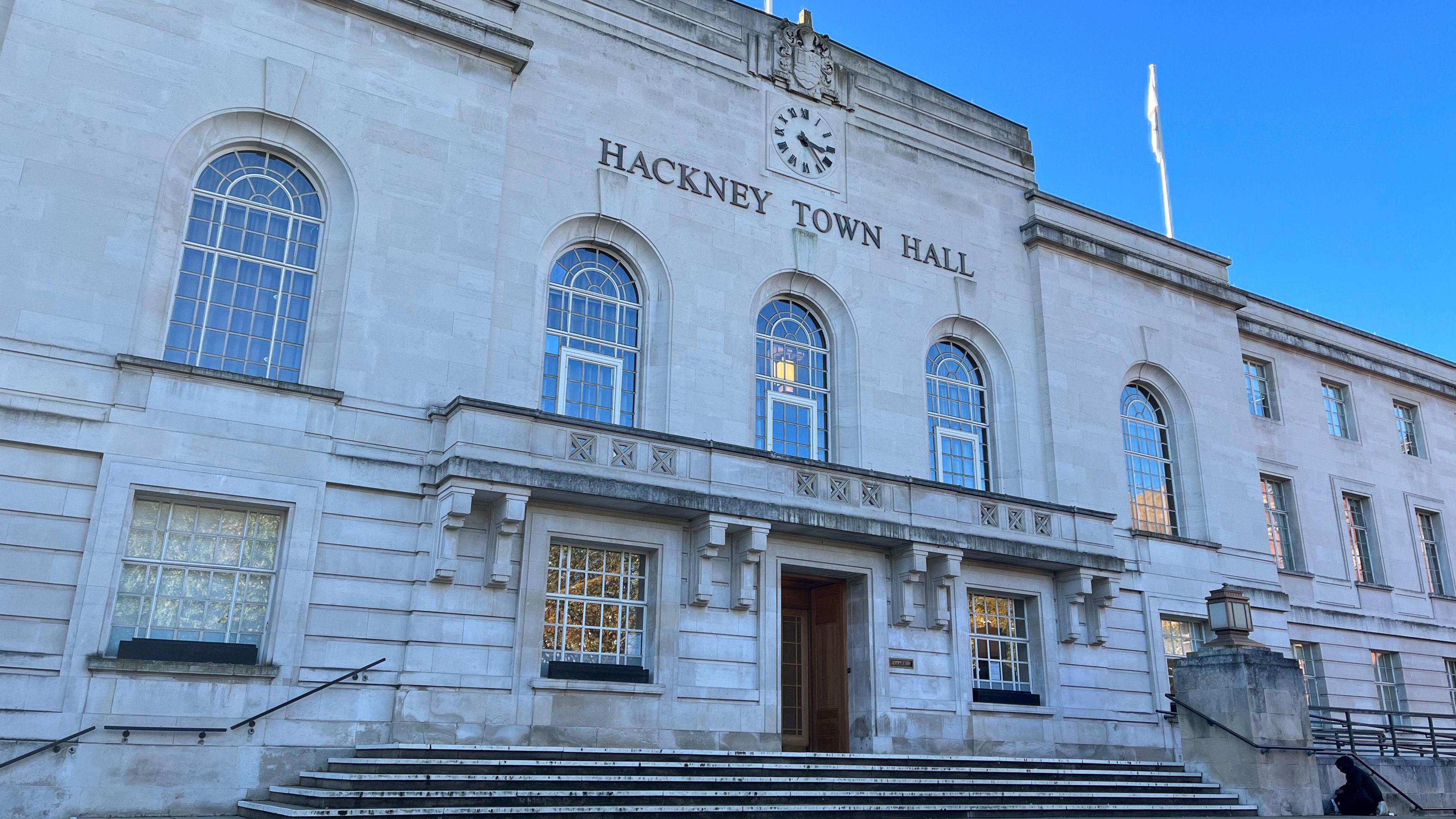Council warned over broken alarm after woman dies

An assistant coroner said Anoush Summers' faulty wrist alarm "probably contributed to her death" (file image)
- Published
An assistant coroner has warned an east London council more people may die if it does not take action, after a "frail lady who was prone to falls" died of hypothermia at her home.
Anoush Summers, 77, died in hospital in January after a fall days earlier.
In a prevention of future deaths report, external, assistant coroner Edwin Buckett said Ms Summers' inquest concluded "the absence of a working wrist alarm prevented her from being found sooner than she was and probably contributed to her death".
Hackney Council said it was "heartbroken" to learn of Ms Summers' death and the circumstances, but added its "standard agreement with all our care providers is that they test equipment and report faults to the council". Care company Supreme Care Services has been contacted for a response.
Ms Summers lived alone but received help from two carers from Supreme Care Services, and she was visited twice a day.
After falling at home on 11 January, she was found the next day at 09:00 GMT wearing her wrist alarm and was taken to hospital.
She died of hypothermia at Homerton University Hospital on 14 January.
The assistant coroner said among issues he identified in her case "giving rise to concern" were:
Her wrist alarm had been reported as broken and not working on 6 January, but "this was not replaced or repaired by the company engaged by the local authority", which meant Ms Summers could not call for help as "it did not work"
None of the carers who attended her home after the wrist alarm broke on 6 January "ensured that steps were taken to replace the alarm" or reported the matter to the local authority
The last carer to see her, who visited on 11 January, "was not aware that the wrist alarm did not work as she had not read the care notes", and "no clear instruction was given" about the extent to which carers should read these notes
"None of the carers had been given any training, instruction or guidance on the testing of wrist alarms to ensure they worked properly when attending"
There was not a "clear system identified between the company providing carers and the local authority as to the duties and responsibilities of each in the reporting of faults with wrist alarms"
Mr Buckett added: "In my opinion, there is a risk that future deaths will occur unless action is taken."

Hackney council said it is now "strengthening" its care agreements, "explicitly setting out that the council should be notified of faults"
His report, published on 6 June, states both Hackney Council and Supreme Care Services have until 2 August to respond, outlining actions proposed or taken or explaining why this will not be done.
Helen Woodland, group director for adults, health and integration at Hackney Council, said: “We immediately took steps to understand these circumstances and were concerned to hear that a wrist alarm was broken at the time and had not been reported to us.
“We have taken urgent steps with care providers to review how technology in people’s homes is tested, and how faults are reported and repairs managed.
“Our standard agreement with all our care providers is that they test equipment and report faults to the council.
"However, we are now strengthening these agreements by explicitly setting out that the council should be notified of faults in instances where someone may need additional support or care while equipment is being repaired.”
Similar stories
Coroners' death reports reveal NHS warnings rise
- Published8 March 2024
Mum says NHS unit involved in son's death not safe
- Published23 February 2024
Coroner criticises council over balcony fall death
- Published24 November 2023
Molly Russell coroner urges social media changes
- Published14 October 2022
Related links
Listen to the best of BBC Radio London on Sounds and follow BBC London on Facebook, external, X, external and Instagram, external. Send your story ideas to hello.bbclondon@bbc.co.uk, external